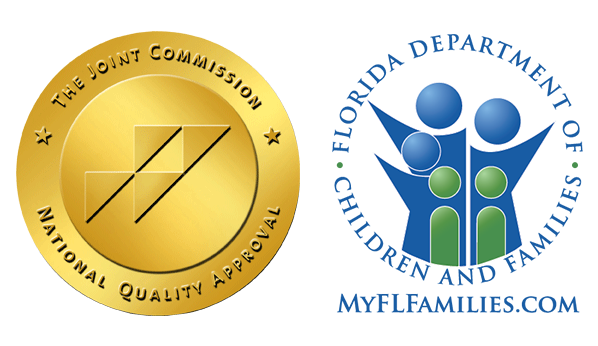Alcoholism is a progressive disease that affects millions of individuals and their families worldwide. At Beachcomber Rehabilitation Center, we believe that understanding the disease is the first step toward recovery. By recognizing the 3 stages of alcoholism, individuals and their loved ones can take proactive measures to address the issue and begin the journey toward a healthier, sober life.
Stage 1: Early Stage Alcoholism
The early stage of alcoholism, often referred to as the pre-alcoholic stage, is characterized by an increasing reliance on alcohol as a coping mechanism. This stage can be deceptive because it often begins with casual or social drinking. Over time, however, individuals may find themselves drinking more frequently and in larger quantities.
Signs of Early Stage Alcoholism:
- Increased Tolerance: The individual requires more alcohol to achieve the same effects.
- Using Alcohol to Cope: Drinking becomes a way to manage stress, anxiety, or emotional pain.
- Frequent Occasions to Drink: Excuses to drink—such as celebrations or “unwinding” after work—become more common.
While this stage may not appear problematic to outsiders, it is crucial to recognize the early warning signs. Intervention at this point can prevent the progression to more severe stages of alcoholism. At Beachcomber Rehabilitation Center, we offer resources and support to help individuals identify and address these behaviors early.
Stage 2: Middle Stage Alcoholism
The middle stage of alcoholism, also known as the crucial stage, is where the disease becomes more apparent and starts to impact daily life. At this point, alcohol consumption is no longer optional but feels necessary for the individual to function.
Key Characteristics of Middle Stage Alcoholism:
- Physical Dependence: The body begins to rely on alcohol, leading to withdrawal symptoms such as nausea, sweating, or tremors when not drinking.
- Neglecting Responsibilities: Work, family, and social obligations often take a backseat to drinking.
- Failed Attempts to Quit: The individual may try to reduce their alcohol intake but struggles to maintain sobriety.
At this stage, the effects of alcoholism extend beyond the individual. Relationships may become strained, financial problems can arise, and physical health starts to decline. It is vital to seek professional help during this phase to address both the physical and emotional aspects of addiction. Beachcomber Rehabilitation Center provides personalized treatment plans designed to help individuals regain control of their lives.
Stage 3: Late Stage Alcoholism
The final stage, known as late-stage alcoholism, is marked by severe physical and psychological consequences. At this point, alcohol dominates the individual’s life, and the damage to health, relationships, and overall well-being is profound.
Symptoms of Late Stage Alcoholism:
- Serious Health Complications: Liver damage, heart disease, and cognitive impairments are common.
- Isolation: The individual may withdraw from friends and family, preferring to drink alone.
- Loss of Control: Drinking continues despite clear evidence of its destructive effects.
Late-stage alcoholism often feels hopeless, but recovery is still possible. At Beachcomber Rehabilitation Center, we specialize in helping individuals at all stages of alcoholism, including the most severe cases. Through detoxification, therapy, and aftercare support, we provide the tools necessary to rebuild a fulfilling, sober life.
How Beachcomber Rehabilitation Center Can Help
Understanding the 3 stages of alcoholism is only the beginning. Recovery requires a comprehensive approach that addresses the physical, emotional, and psychological aspects of addiction. At Beachcomber Rehabilitation Center, we offer:
1. Medically Supervised Detox
Our detox program ensures that individuals can safely withdraw from alcohol under the care of experienced medical professionals. This is a critical first step in the recovery process.
2. Personalized Therapy
Through individual and group therapy sessions, clients can explore the root causes of their addiction and develop healthier coping mechanisms.
3. Family Support Programs
Addiction affects the entire family. Our family programs help loved ones understand the disease and learn how to support the recovery journey.
4. Aftercare Planning
Recovery doesn’t end when treatment does. We provide ongoing support and resources to help individuals maintain sobriety and build a fulfilling life post-rehabilitation.
Take the First Step Today
If you or a loved one is struggling with alcoholism, don’t wait to seek help. Understanding the 3 stages of alcoholism can empower you to take action before the disease progresses further. At Beachcomber Rehabilitation Center, we’re here to guide you every step of the way.
Reach out to us today to learn more about our programs and take the first step toward a brighter, sober future. Together, we can overcome addiction and rebuild a life filled with hope and purpose.











